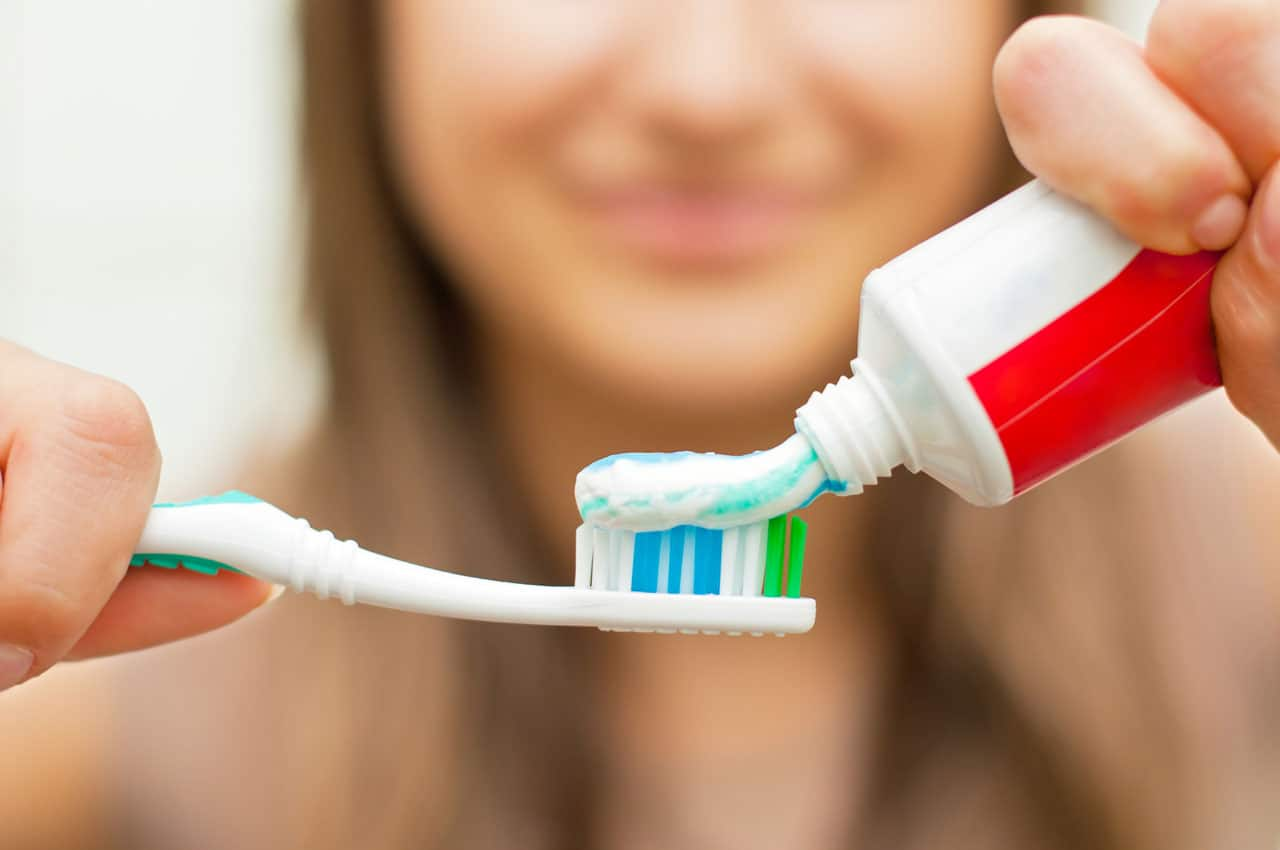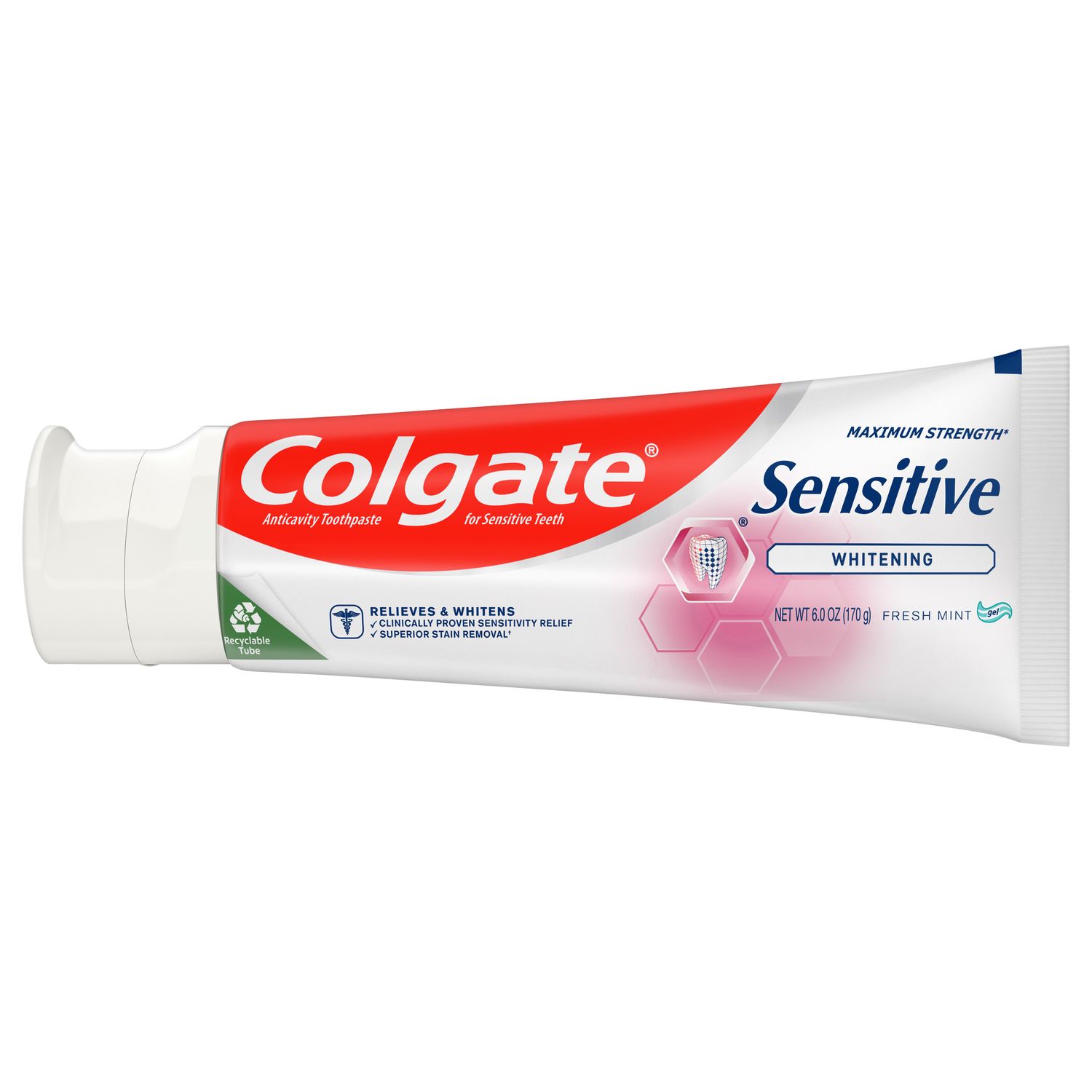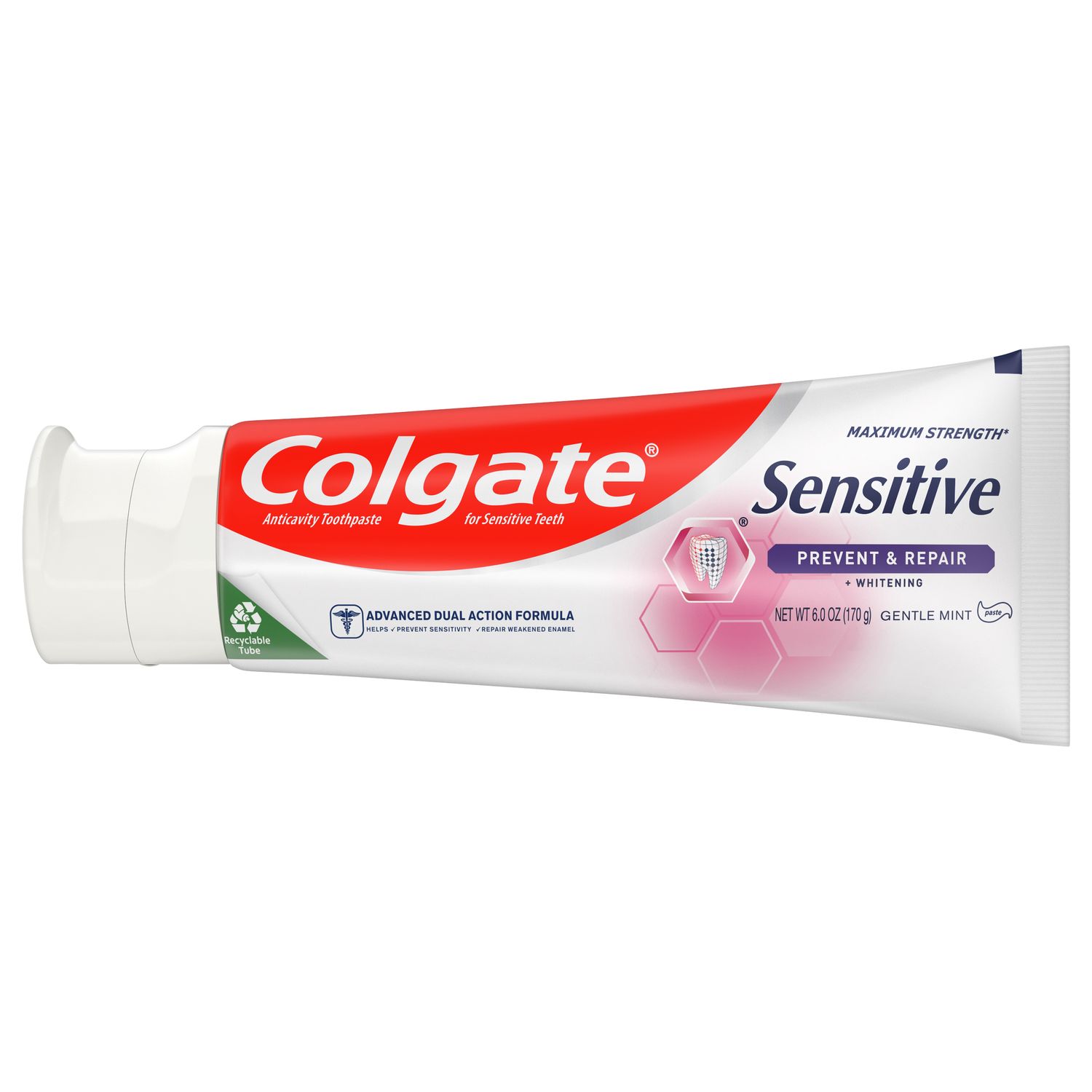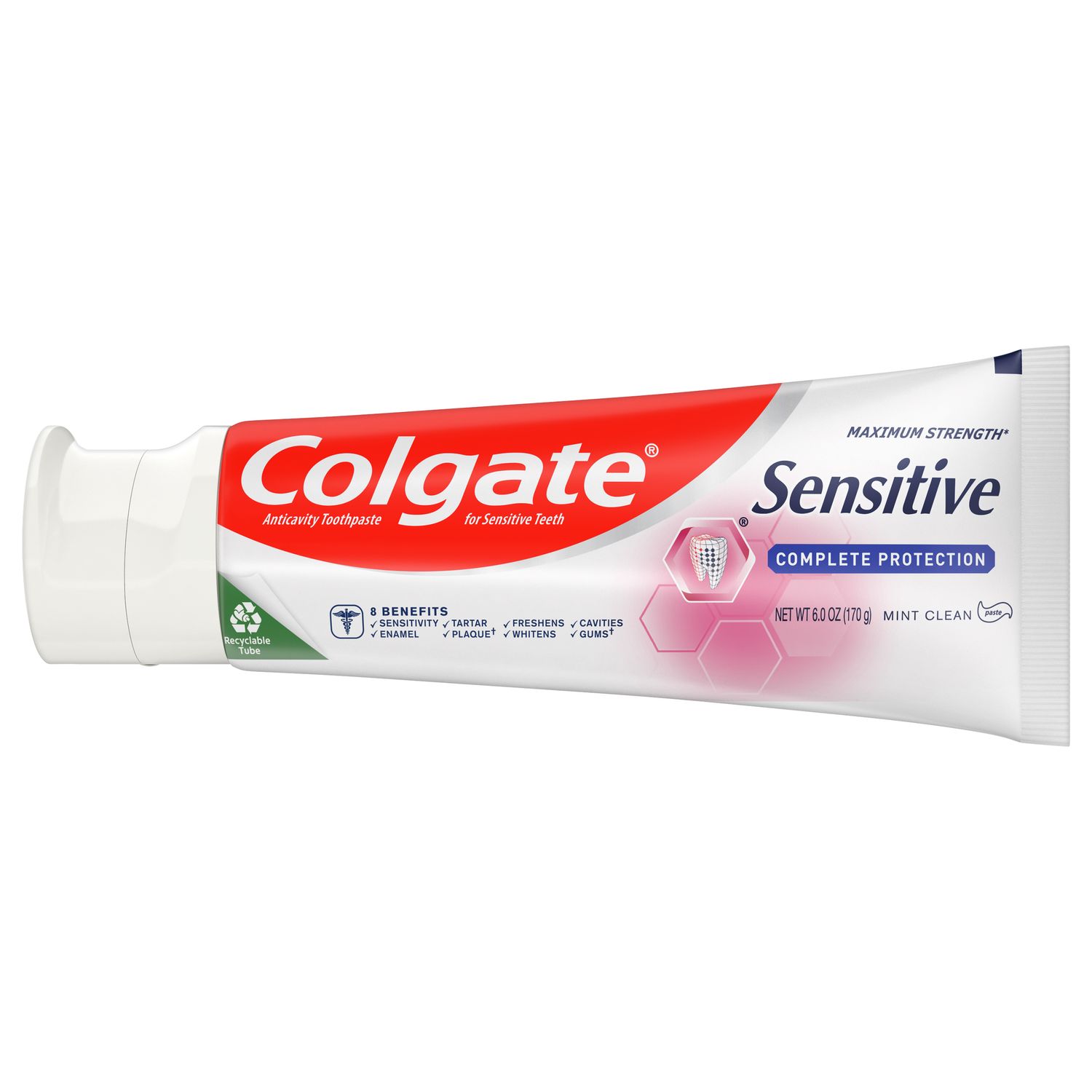Although tooth nerve pain isn't fun, it's something almost everyone has experienced. Whether it's from a cavity or a cracked tooth, aggravating the tooth's nerve is a common path to the pain you feel.
Anatomy of Tooth Nerve Pain
Each tooth is composed of four parts: enamel, cementum, dentin, and pulp.
Enamel is the strong outer-most substance on the tooth. Its purpose is to protect the tooth's crown.
Cementum is the next layer, which protects a tooth's root below the gumline.
Dentin comes next, although it's not as dense as your enamel or cementum. Contained within the dentin are microscopic tubules, all of which connect to the tooth's pulp.
The pulp houses a tooth's nerves, so when the dentin has worn away, certain foods and drinks can reach the nerves via the tubules, resulting in tooth sensitivity.
How the Nerve Becomes Exposed
The nerves inside the pulp of our teeth are very sensitive and can become exposed to the foods and drinks that we consume. Some of these foods and drinks can produce a painful response. Most commonly, these can be cold, hot, and sweet foods and drinks. When these nerves lose their protective coating, they can even become sensitive to brushing and movement. Here are some causes of tooth nerve pain:
Cracked teeth. You may be experiencing a cracked tooth if you feel pain when chewing. These cracks can allow sugars to reach your nerve as well as changes in temperature.
Gum disease. As gums recede, they allow hot and cold foods and drinks to affect the nerves in your teeth.
Tobacco use. Smoking and tobacco use, vaping and nicotine gum can damage teeth and gums, leading to tooth sensitivity.
Tooth grinding. People who suffer from grinding teeth (known as bruxism) often grind their teeth while sleeping. This can lead to damaged tooth enamel and can lead to increased tooth sensitivity.
Sugary foods. Cavities (known as dental caries) are damaged openings in your teeth's hard surface. Sugar is a contributing factor to the formation of cavities, leading to an increased risk of tooth nerve pain.
Poor oral hygiene. Improper brushing and flossing can lead to tooth decay and gum disease. Proper oral hygiene can go a long way in preventing the formation of tooth nerve pain.
Tooth Nerve Pain Relief: What to Do
If you’re wondering how to stop nerve pain in your tooth and are looking for tooth nerve pain relief, it can be helpful to know what’s causing it. There are two categories of tooth nerve pain. Pulpal sensitivity is when the root of a tooth is affected, and the pain is localized to that one tooth. This is usually caused by a deep cavity or damage to the tooth root through injury, a chipped or cracked tooth or pressure from grinding. Dentinal sensitivity is widespread tooth nerve pain caused by enamel erosion that exposes dentin tubules or channels. These tubules connect to the nerves in the pulp of your tooth and result in sensitivity. Causes of dentinal sensitivity include use of teeth whitening products, receding gums, and untreated cavities.
How to stop nerve pain in your tooth:
Avoid brushing aggressively which can lead to gum recession, exposing tooth roots.
Use a soft-bristled toothbrush.
Use fluoride toothpaste to remineralize teeth and stop nerve pain in your tooth by preventing decay.
Fix contributors to tooth nerve pain such as cavities by getting a dental filling or a root canal treatment if the decay is deep.
Eat soft foods and avoid spicy, acidic or sugary foods that can aggravate tooth nerve pain. (See below).
Foods to Avoid
Identifying which foods are contributing to your pain could help provide tooth nerve pain relief. The most common types of foods associated with tooth nerve pain are hot and cold, sugary and sweet, and acidic and sour. Remember that drinks fall into these categories as well. Ice water, coffee, tea, and soda can all make you wince in pain if your tooth's nerve becomes exposed. Keep in mind that anything with high sugar content, such as desserts, soda, and sports drinks, can contribute to enamel erosion as well. Regardless of the food or drink triggers, it is essential to visit your dentist to get a diagnosis to find out the source and how to stop nerve pain in your tooth.
As with similar mouth conditions, avoiding tooth nerve pain is possible through good oral care. The foundation for a healthy mouth starts with brushing at least twice a day. Don't forget to floss daily, either. Keep in mind that regular dental checkups are another crucial component. Your dentist serves as a valuable resource to recognize any budding tooth issues and to reinforce that your oral care efforts are working.
This article is intended to promote understanding of and knowledge about general oral health topics. It is not intended to be a substitute for professional advice, diagnosis or treatment. Always seek the advice of your dentist or other qualified healthcare provider with any questions you may have regarding a medical condition or treatment.
ORAL HEALTH QUIZ
What's behind your smile?
Take our Oral Health assessment to get the most from your oral care routine
ORAL HEALTH QUIZ
What's behind your smile?
Take our Oral Health assessment to get the most from your oral care routine














